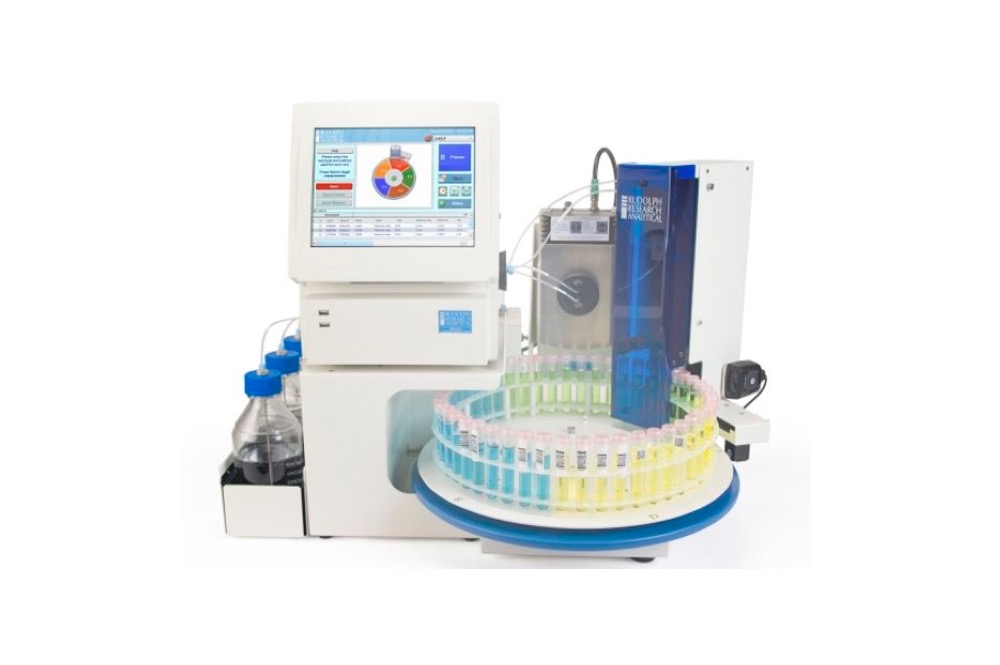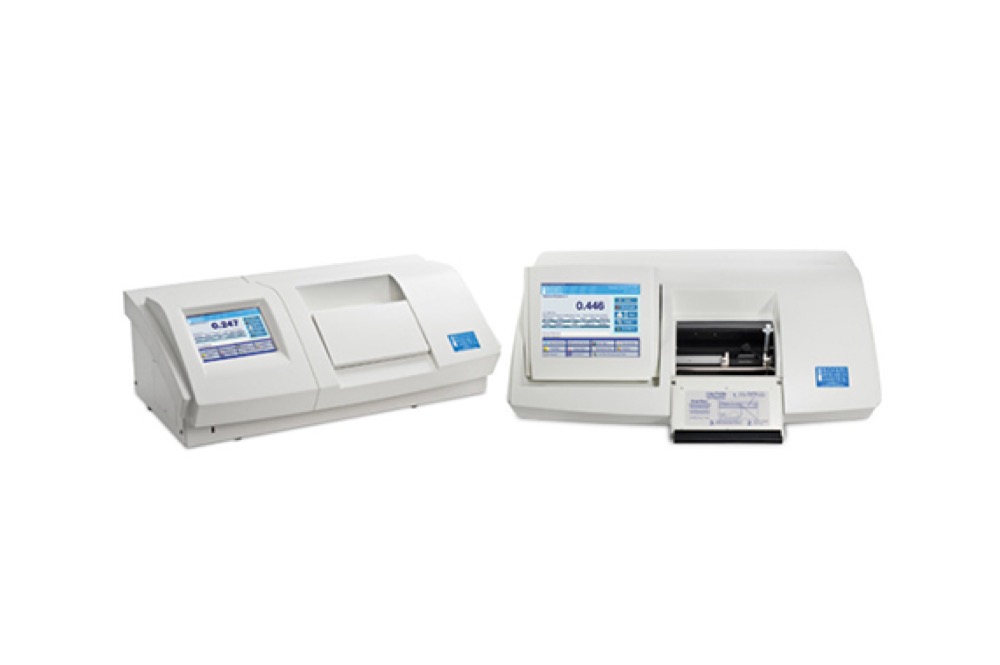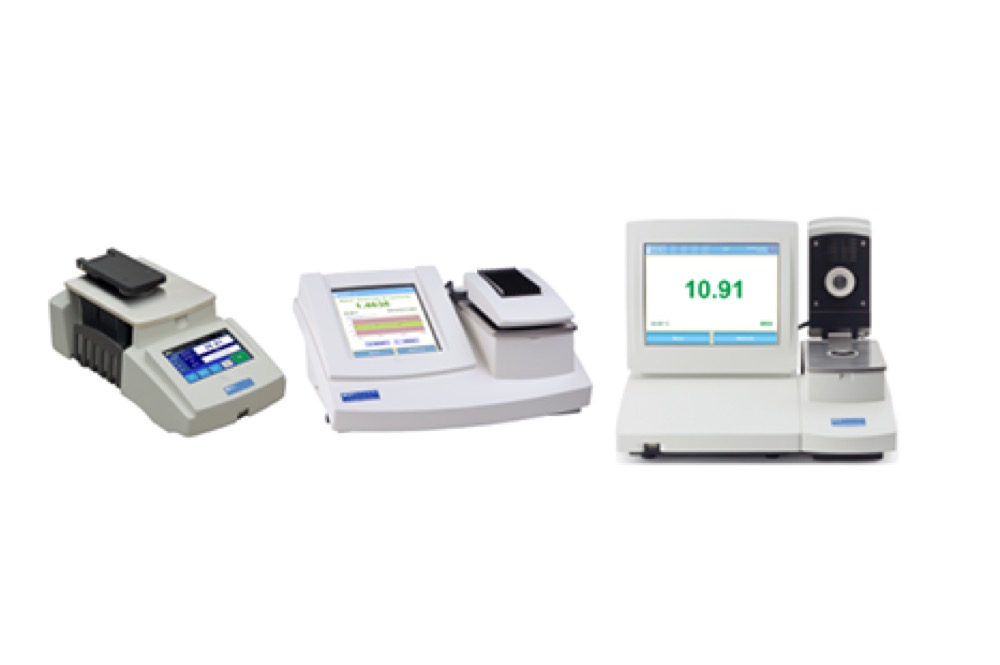
Sugars & Carbohydrates
The growing awareness of consumers along with the evolving of nutrition labeling requirements have made sugar and carbohydrates analysis a need in the Food and Beverage industry.
As well as being an important source of energy and dietary fiber, carbohydrates also contribute to the sweetness, appearance and textural characteristics of many foods. It is important to determine the type and concentration of carbohydrates in foods for a number of reasons.
- Standards of Identity – foods must have compositions that conform to government regulations
- Nutritional Labeling – to inform consumers of the nutritional content of foods
- Detection of Adulteration – each food type has a carbohydrate “fingerprint”
- Food Quality – physicochemical properties of foods such as sweetness, appearance, stability and texture depend on the type and concentration of carbohydrates present.
- Economic – industry doesn’t want to give away expensive ingredients
- Food Processing – the efficiency of many food processing operations depends on the type and concentration of carbohydrates that are present
Spectroscopic techniques, separation techniques and their multiple combinations are the main tools used to analyze carbohydrates in foods, although some other approaches based on the use of sensors or physical methods including polarimetry, refractive index and density are also used.
The development of new analytical approaches for separation, identification and quantification of carbohydrates is of huge importance in many research fields. Thus, knowledge on the quality and quantity of carbohydrates in fruits, vegetables, cereals and other natural food matrices is essential to determine food properties and other important characteristics like flavor, maturity, quality, authenticity, storage conditions, etc. Better knowledge on carbohydrate composition is mandatory in the new functional foods era, not only to produce healthier foods but also to be able to assess and understand their role in several functions in the human body.
Related products

Rudolph Automation
Total Flexibility for high throughput labs measuring Density, Specific Gravity, Refractive Index, Color, and pH.

Rudolph Density Meter
The Rudolph Laboratory Density Meter is one of our most capable instruments offering a wide measurement range, highest accuracy, and the on-board range methods.

Rudolph Polarimeters
Polarimeter models from Rudolph Research for chemical, sugar, pharmaceutical, cosmetics, essential oils, education, and university laboratories.

Rudolph Refractometers
Easy to clean, shallow sample well – a clean sample well is imperative to accurate measurements.

Rudolph Saccharimeters
Provide 0.01°Z repeatability and accuracy, time proven measurement technology and the critical features necessary for today’s sugar analysis.
